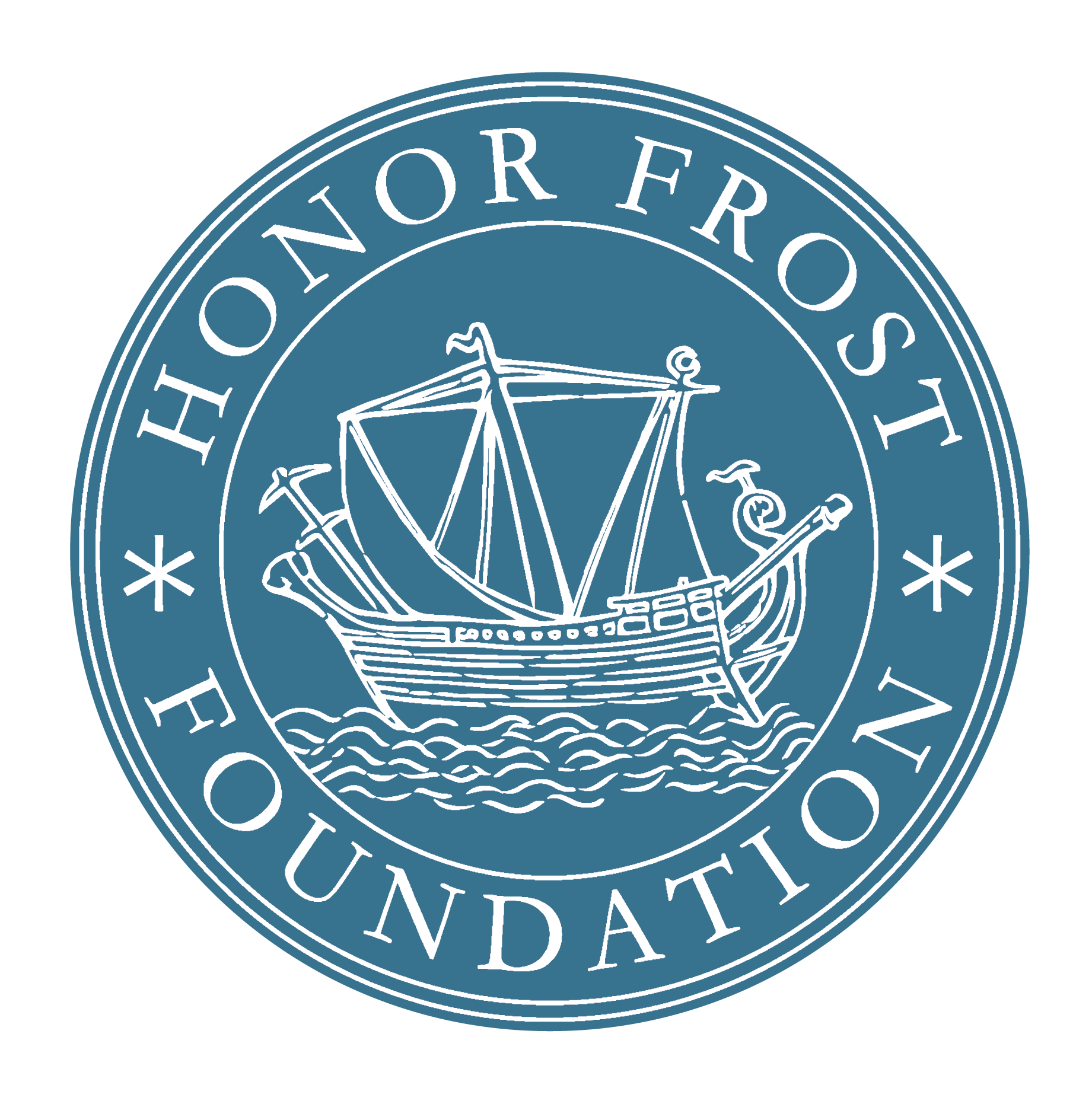MAGS 2019 Short Report Series
In 2019, the Maritime Archaeology Graduate Symposium (MAGS) was hosted in Southampton from 29 March to 31 March. This was the second MAGS symposium; the first took place in Oxford in February 2018. MAGS 2019 was organised by postgraduate students from the University of Southampton and the University of Oxford, Achilles Iasonos, Adam McKernan-Dawson, Maria Michael, Naseem Raad, Sergio Keserwani, and Ziad Morsy. The Honor Frost Foundation (HFF) and Oxford Centre for Maritime Archaeology (OCMA) funded the symposium. We, the MAGS 2019 committee, would like to officially thank them for their financial support.
The main aim of this symposium was to encourage early career researchers and current graduate students in maritime archaeology and related fields to share their research, exchange ideas, and meet like-minded scholars in their field. Consequently, MAGS 2019 has been a significant point of encounter and engagement for young researchers who are engaged with the discipline of maritime archaeology in the eastern Mediterranean and beyond.
The symposium included 23 presentations by postgraduate students and young researchers from a number of institutions and universities in Cyprus, Egypt, France, Greece, Israel, Lebanon, Spain, Turkey, the United Kingdom, and the USA. The presentations were divided into eight sessions, which focused on various research topics, such as legislation, conservation, management, public engagement, trade networks, ship technology, iconography, ethnography, maritime material culture and landscapes, and innovative techniques that have been applied in the field of maritime archaeology during recent years. Lively and friendly discussion followed each presentation, while roundtable discussions were organised between the sessions. The roundtable discussions allowed young postgraduate students and early career researchers of different periods, areas and research fields to exchange their ideas and points of view, joined by their passion and interest for maritime archaeology. Consequently, their contributions as presenters or attendees led MAGS 2019 to become a significant opportunity for growth and exchange, and we thank them for that.
The support of other academic and non-academic bodies was also essential to the success of the conference. Workshops by the Nautical Archaeology Society (Mark Beattie-Edwards), the International Journal of Nautical Archaeology (Miranda Richardson), and David Mearns were organised on both days of the symposium in order to inform the next generation of scholars how to promote and publish their work, as well as to give examples of capacity building through education and training. Furthermore, BAR Publishing and the Nautical Archaeology Society set up stands and kindly shared advice with attendees and presenters. We take this opportunity to thank them once again for their participation in the symposium programme. Here we would also like to thank Dr. Lucy Blue, who welcomed all the participants on the first day of the symposium and contributed to its organisation.
Consequently, this online publication is intended to be a summary of those three days in Southampton. We, as the MAGS 2019 committee, decided that an online publication was the most appropriate means to promote the research of new scholars, many of whom have probably never submitted a scientific article for publication. The online approach allows new scholars to present a short report with minimal editing about their research, which in many cases is part of ongoing masters or PhD research, leaving alternative options for the final publication of their results. Here we also would like to thank Miranda Richardson, the HFF publications manager, Bob Holtzman, and Lauren Tidbury as this publication would not have been completed without their guidelines and help.
In this publication, eight short reports are presented, all important contributions to the field of maritime archaeology carried out by a new generation of scholars. We hope that MAGS 2019 further laid the groundwork for a significant tradition of postgraduate symposia in maritime archaeology which will continue in the future.
Maria Michael
On behalf of the MAGS 2019 committee


